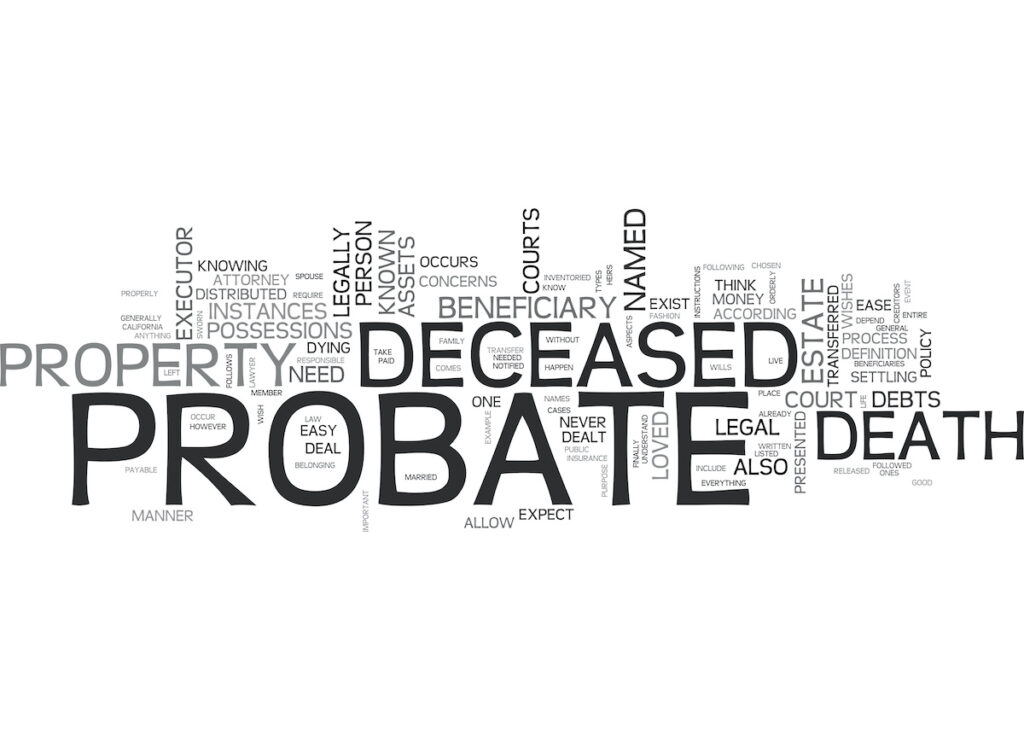One option to financially provide for your pet is to give a lump sum to the person you choose to care for your pet at your death. This option is the easiest to carry out and does not involve any ongoing administration or oversight. However, because the money goes directly to the caregiver, there will be no one monitoring the use of the funds. You must trust that the caregiver will use the funds for the pet’s benefit.
Author Archives: Skvarna Law
Estate planning can be a complex process and facing it may seem impossible. To make it more manageable, break the process down into smaller, more achievable steps. Identify the first three steps and act.
The state may also have to get involved with choosing guardians for your children, authorizing others to act on your behalf, and deciding other important matters. The state’s decisions may be very different than what you would have chosen. In addition, a lengthy probate process can cause delays, increased expenses, and a loss of privacy. Having an up-to-date estate plan makes your wishes known and makes things easier for your loved ones.
As part of the estate planning process, you should discuss with your attorney the role they will play during your lifetime and whether they can also assist your loved ones with estate and trust administration when you pass away.
In other cases, an estate’s liquid assets are not valuable enough to cover the outstanding debt claim. People lose valuable inheritable property and must sell it to cover creditor claims in probate court. A creditor forcing this type of sale extends probate proceedings. This leads to additional costs. Secured creditors receive priority over unsecured creditors. The primary secured creditor is often a bank.
Most people report that managing paperwork relative to the probate process can be a monumental undertaking. This is due to structured timelines and court-imposed deadlines.
When someone is unable to manage his or her own affairs – often due to illness or older age – family members may seek court intervention to appoint a conservator or guardian. The court-appointed individual makes financial decisions on behalf of the incapacitated person. The same person (or sometimes someone different, also appointed by the court) takes over control of everyday matters, including medical decisions. These living probate proceedings are public, time-consuming, and expensive.
It is essential to recognize that the probate system, originally designed to protect property when someone passes away, serves a valuable purpose. So, is there any redeeming value in probate? The answer is a resounding “Yes.” Let’s delve into the pros and cons of probate.
Although a large amount of her wealth came from her marriage to the late billionaire financier Richard C. Blum, Senator Feinstein was also successful in her own right. During their marriage, Feinstein and Blum established a marital trust that is now the subject of a fierce legal battle between Feinstein’s daughter and Blum’s three daughters.
If you are not sure whether an irrevocable trust is still a good fit or if you wonder whether you can benefit more from your trust, we are happy to meet with you so we can analyze your current trust. Perhaps modifying or terminating your irrevocable trust is a good option. Making that determination simply requires a conversation about your goals and a review of the trust itself. Please call our office now to schedule time to review your current trust or discuss the potential benefits that a trust can provide to address your unique situation and goals.











